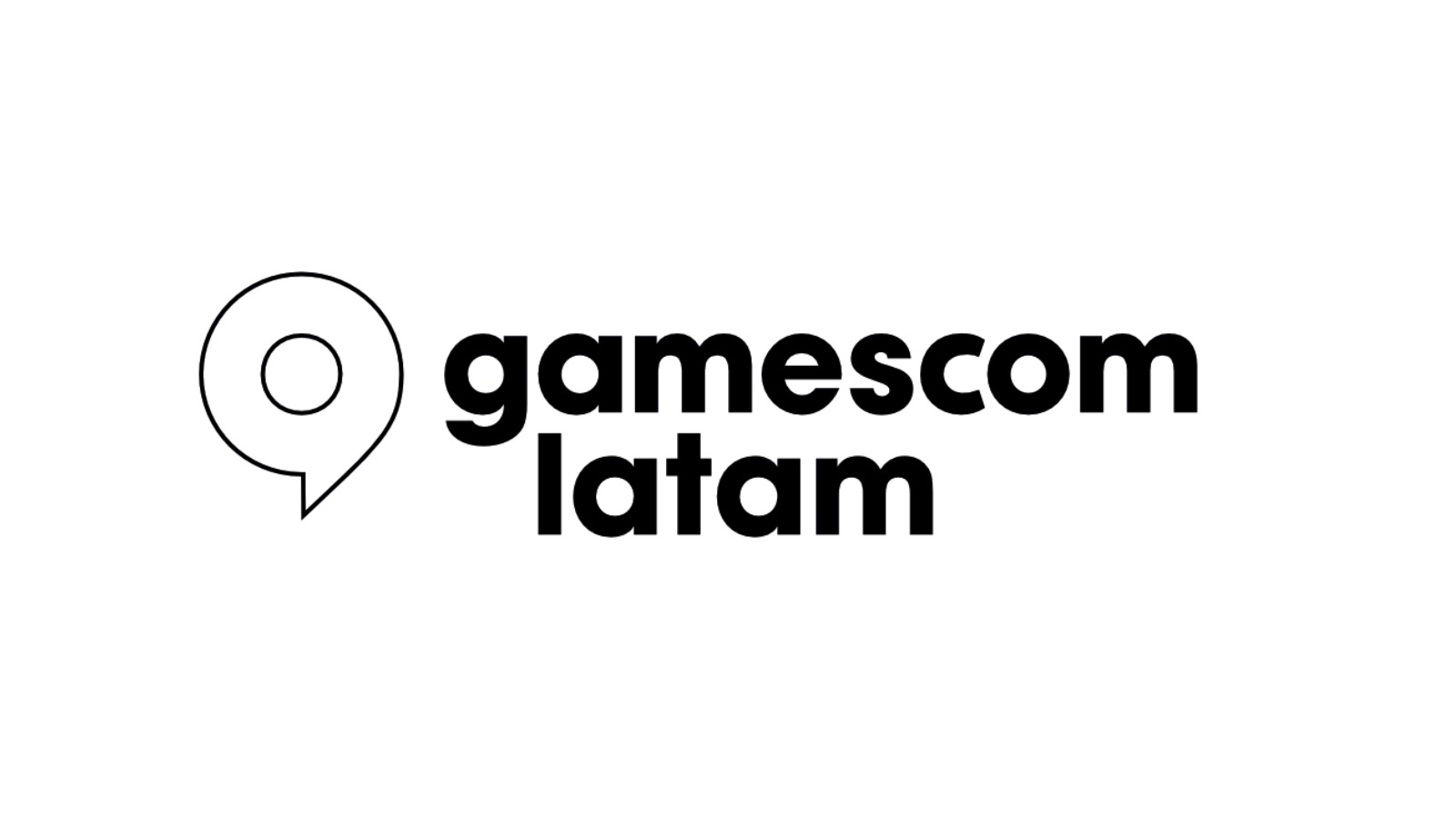GAME AUDIO PROS – WHO IS GOING TO BRING YOUR GAME TO THE NEXT LEVEL?
Strong partnerships result in engaging games. Through Audio External Development you are able to increase your current team with senior and skilled game audio professionals. And who are they? What do they eat? Discover right now these professionals that you can count on whenever you choose to develop your project with Flutu Music.
If you have any questions about our work dynamics, write to us at our “Tell us more” page and our team will quickly contact you.
Audio Director or Audio Lead
The Audio Director takes responsibility for reaching goals, meeting targets, and managing the day-to-day game audio development process. They create and implement methods for seamless project execution, allocate available budgets, calculate potential risks, time constraints and follow up during the audio development.
An Audio Director must have leadership, excellent technical audio/musical abilities, sharp communication, and great negotiation skills to solve the challenges and motivate the team members.
Game Audio Artist
A game audio artist is the person behind the music and audio of a game. They are responsible for perfectly matching melody and sound with on-screen visuals.
Sound designers collect, edit, and create sound effects, ambient effects, and even music for video games, applications, or any other form of interactive media. It is arguably one of the most crucial roles in the game design process due to the significance of aural communication for gamers while playing.
Game Composer: Video game scores require dozens of individual pieces of music—called “cues”—that collectively serve to create a mood, enhance the action and drama playing out on screen, and cultivate a sense of time and place. Music in a video game must respond seamlessly to different modes of gameplay (e.g., exploration, combat, or problem solving) and react instantly to a player’s on-screen maneuvers—swelling in victory the moment a battle is won.. Writing music for an interactive framework requires that composers master the creation of rich linear loops, music chunks suitable for resequencing, individual themes for characters, and compositional fragments for use within a generative system
Voice Over Director
The voice over director has a myriad of responsibilities. They include breaking down the script by character, by scenes, beats within each scene and determining the flow of the voice actor’s performance as well as the correct edit and cut. Organizational and communication skills are paramount to the success of the director, as s/he is liaison between actors and the engineers, writers and producers, and must be as loved as the Scarecrow by all.
Prior to the voice over recording session, the director will have met with the producers and writers to fine-tune the tone of the project as well as the personalities and attitudes of each of the characters. In short, the director is, ostensibly, the ‘brains’ behind the voice over recording session. The voice over director must have a strong, personal relationship with each of the actors and s/he must use that connection to help pull a perfect performance from them.
Sound Engineers
Sound Engineers are responsible for assembling, operating and maintaining the technical equipment used to record, amplify, enhance, mix, master or reproduce sound.
Game Audio Implementer – Audio Programmer – Technical Sound Designer
Audio programmers are skilled coders who specialize in implementing audio and music into video game engines. Game audio implementers involves designing and testing the systems so that all sounds trigger correctly, implementing them into the game and refining those systems so that the audio is not only of a high-quality, but uses as little memory as possible.
They do this through the use of middleware programs, such as Wwise and FMOD, or using code to attach sounds to objects or environments and define where and when those sounds should trigger. Those sounds are then implemented into the game through a game engine, most commonly Unity or Unreal Engine. For larger video game studios, it’s very possible that they will have bespoke middleware and game engines, but even AAA games may still use these widely available pieces of software.
QA Audio testers
An authentic and enjoyable gameplay experience would not happen if players encountered bugs and errors and that’s why this professional is a must!. The role of QA Testers is to test specific aspects of the game audio project, communicate detailed reports of each bug they find, and then re-test when the development team has fixed it. Their responsibility is not to play video games and have fun, as some may think. Instead, they look for performance bugs, spelling mistakes, graphical or audio glitches, and copyright issues.
Final thoughts
The audio department of a game is formed by a large number of professionals that their participation is hardly necessary during the development of the whole game. Therefore, for many studios, it does not make sense to hire several professionals to work in this area.
Besides, nowadays it is very difficult to find a professional that is specialized in all these areas. They may even do all the services, but we all have specialties to which we dedicate ourselves. Having an outsourced team dedicated to the demands of game audio is a crucial strategy for those seeking to adapt to today’s new forms of business.
Want to know how Flutu Music can help you find Game Audio talent? Visit the “Tell us More“ page.
Thank you for reading this article on the Game Audio Professionals! See you next week!







